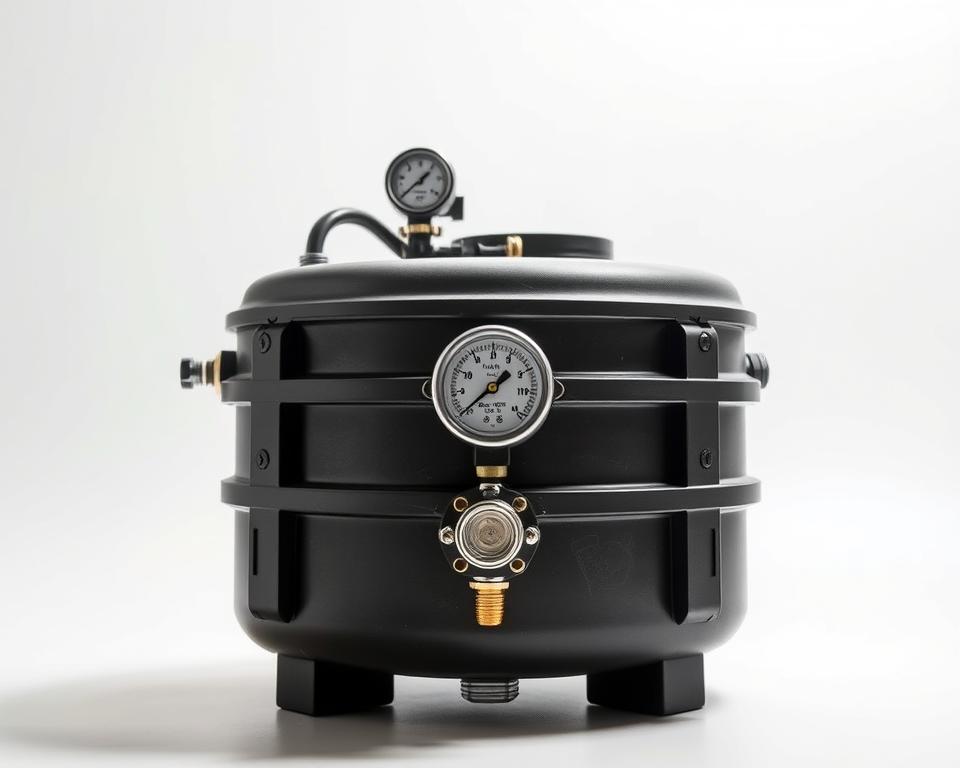Professional Oil Reservoir Maintenance: Clean & Efficient
Have you ever pondered the impact of ignoring grease interceptor cleaning on your kitchen? The consequences can be far-reaching, impacting not only compliance but also the heart of your dining establishment’s functions. Professional grease tank maintenance is crucial for a sanitary, effective commercial culinary environment. It guarantees grease interceptors function effectively, reducing the probability of expensive emergency fixes and plumbing problems. This article explores into the importance of grease reservoir service and its part in enhancing culinary performance.
Comprehending the Importance of Grease Reservoir Service
A grease interceptor’s upkeep is crucial for a commercial culinary environment’s efficiency. These units intercept fats, oils, and greases (FOG) produced during meal cooking and cooking. Without proper maintenance, these materials can lead to severe plumbing and ecological issues.
Function of Grease Interceptors in Commercial Culinary Environments
In a dynamic culinary environment, the volume of fats, oils, and grease is considerable. Grease traps serve as the main defense, preventing these substances from clogging the drainage system. Proper food industry grease trap upkeep guarantees they capture FOG efficiently, decreasing the chance of clogged pipes. Regular inspections and cleanings are vital to ensure their optimal functionality.
Consequences of Neglecting Grease Trap Upkeep
Ignoring grease grease cleaning services can result in numerous adverse outcomes, including:
- Blocked plumbing systems, leading to costly backups
- Unpleasant smells that may affect customer satisfaction
- Potential fines from local authorities for non-compliance
- Increased maintenance costs due to accumulated damage
Routine fats oils and grease (FOG) disposal and upkeep avoids these issues. It also improves the food service efficiency. A preventative grease interceptor upkeep strategy can provide long-term savings and better kitchen functions.
Benefits of Regular Grease Trap Servicing
Routine grease trap cleaning is essential for any industrial culinary environment’s seamless operation. It boosts kitchen efficiency and guarantees adherence to health standards. By maintaining grease interceptors, establishments prevent the risks of unsanitary environments and potential fines.
Enhanced Kitchen Performance and Compliance
Proper grease trap management is key to a industrial culinary environment’s performance. Grease buildup can block drainage systems, leading to costly plumbing issues. Routine cleaning supports efficient waste removal, upkeeping sanitation and assisting businesses meet health regulations.
Cost Savings Through Proactive Maintenance
Proactive upkeep for grease traps offers significant long-term benefits. Regular upkeep prevents costly emergency repairs and downtime. By choosing for comprehensive grease disposal services, establishments can effectively handle waste disposal. This approach reduces operational interruptions and supports sustainable waste management.
Grease Tank Service: What to Anticipate
When you schedule a grease tank service, understanding what to expect guarantees a seamless procedure. The service begins with a comprehensive inspection to assess the grease interceptor’s condition. This step is essential for determining the required actions before emptying the grease storage system.
Overview of the Servicing Procedure
The cleaning procedure includes several critical phases to ensure best functionality. Technicians first perform evaluations to decide the next steps. Then, they extract solid waste, cooking oils, and other residues. Techniques like bio-remediation of cooking oils are used to effectively decompose fats and oils. This comprehensive approach enhances system performance and minimizes the risk of backups in commercial culinary environments.
Regularity of Service Guidelines
The regularity of grease interceptor maintenance differs widely, depending on factors like the system’s size and the volume of fats, oils, and greases (FOG) produced. Restaurants and similar businesses usually need every month maintenance and grease containment system emptying. Companies with lower FOG generation might schedule services every three months. Following these guidelines guarantees compliance and prevents costly plumbing problems.
| Business Category | Suggested Service Regularity | Key Considerations |
|---|---|---|
| Restaurants | Every Month | Significant amount of FOG generation |
| Coffee Shops | 1-3 months | Average FOG production |
| Quick-Service Restaurants | Every Month | Consistent large amount of fry oil collection |
| Boutique Bakeries | Every three months | Lower FOG generation |
Choosing the Appropriate Grease Interceptor Service Company
For establishments, selecting a dependable grease reservoir service provider is key to maintaining effective grease management. Certifications and local expertise are crucial in ensuring your grease management requirements are efficiently fulfilled.
Important Certifications to Look For
When assessing prospective companies, focus on these key certifications:
- Expertise in the restaurant industry
- Certifications from recognized industry bodies
- Knowledge of local laws and compliance rules
- Positive customer feedback and testimonials
Significance of Local Expertise and Tools
Local expertise in a grease trap maintenance company can greatly enhance maintenance efficiency. Providers familiar with your area’s specific challenges and regulations are ideal. They should also have the latest technology for effective grease system management. This ensures timely and effective grease reservoir management.
Client Support and Availability
Exceptional customer service is essential when selecting a grease reservoir maintenance company. They should be quick to inquiries and offer flexible schedules to fit your needs. Companies who focus on customer satisfaction ensure you can contact them when necessary.
| Standard | Why It Is Important |
|---|---|
| Expertise | Ensures familiarity with dining grease upkeep challenges. |
| Accreditations | Ensures adherence to sector rules for safety and efficiency. |
| Local Knowledge | Assists navigate local regulations and unique operating circumstances. |
| Tools | Improves effectiveness in upkeeping grease systems. |
| Client Support | Guarantees prompt and quick assistance for your grease Management requirements. |
Price of Grease Interceptor Servicing and Considerations
The price of servicing a grease interceptor differs significantly based on various elements. These comprise the trap’s size, the grease accumulation level, and the frequency of maintenance. Understanding these factors assists restaurant owners and culinary supervisors in budgeting properly. It also helps them make educated choices about grease management.
Routine cleaning plans are essential for ensuring compliance with health standards. They also prevent costly plumbing issues down the line. Many establishments discover that regular reduces operational disruptions. This results to enhanced kitchen efficiency.
For customized services, specialized providers provide bespoke estimates depending on a business’s specific requirements. Spending in these solutions ensures a more sanitary culinary environment. It also supports long-term success, safeguarding your business’s standing in the competitive culinary industry.



